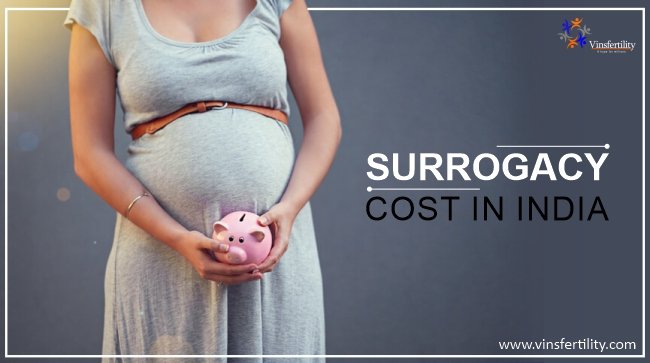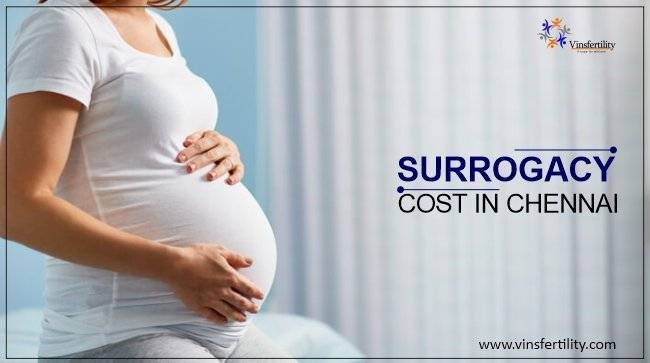FREQUENTLY ASKED QUESTIONS – Infertility QA
If you are still in need of support through the FAQs, feel free to get in touch with us.
Use the following link to navigate to the contact us page and fill out the form. We will reply within 24hrs.
What will be the amount of payment and what will be our method of payment?
- You can call our accounting department to learn the amount of payment required depending on the procedure you will have to undergo.
- Prices are in INR, and payments are accepted in cash on the first day of the procedure. If desired, payments can be made in TL, USD or GBP based on market exchange rates.
- Payment via instalments are accepted.
What are the factors influencing the success in IVF?
The most important factor is age. The older the female is, the less the chance of getting pregnant. There is practically very little chance of pregnancy for females who are older than 44 years old. The chance of pregnancy is negatively affected by the previously experienced sexually infected diseases and infections influencing the ovaries and the fallopian tubes.
Quality of sperms, adhesiveness of the embryos within the womb, problems such as myoma or polyp, blocked fallopian tubes are kinds of factors that influence the success of IVF.
What is the age limit for applying IVF?
IVF can be applied till the age of 44. However, it is known that there is less chance for a successful IVF after the age of 44.
What is microinjection?
It is a method of IVF that enables the fertilization through injecting a single sperm into the egg.
What is IVF?
Unlike the microinjection, certain number of sperms is put around the eggs and one of the sperm enters into the egg naturally.
What is the difference of microinjection from the IVF?
Microinjection is used in male infertility whereas IVF is used in female infertility.
Who is IVF or microinjection applicable for? How is it applied?
These methods are used in such situations as when no pregnancy occurs and standard treatment methods are ineffective.
Which phases do IVF consist of?
It consists of stimulation of the ovaries, collection of the eggs, fertilization of the eggs with sperm, and transfer of fertilized eggs (embryos).
What is done in cases where the number of sperm is few or none?
If the number of sperm is very few, microinjection is performed. In cases where there is no sper, it is required to surgically search for the sperm inside the testicles.
How are the eggs collected? Is it a painful process?
Eggs are collected with the help of vaginal ultrasound. It is a process that is generally performed under short-term anesthesia.
How does a person feel following egg collection?
She can go home straight away and she can even go to work in the afternoon of the same day of egg collection.
Does ovary reserve run out as a result of these treatments?
Stimulation of the ovaries with the purpose of IVF doesn’t decrease the ovary reserve.
Is every single egg fertilized?
For an egg to be fertilized, it should be mature and structurally normal. All the eggs are not appropriate for fertilization. Each fertilized egg doesn’t turn into a healthy embryo either.
How are embryos placed into the womb?
Embryo transfer is a simple process. An embryo is placed from the cervical field into the womb by using a thin plastic catheter with the help of ultrasound.
Are there any embryos left after the transfer procedure? If so, what happens to them?
The remaining embryos are re-evaluated by the embryologist and if there are embryos with sufficient quality, couples are advised for the cryopreservation.
How is embryo selection carried out?
Only fully developed healthy embryos are selected. 1-3 embryos are placed into the womb depending on the age of the female.
What can be done in case of multiple pregnancy?
First of all, it is necessary to prevent the multiple pregnancies. This is possible by lessening the number of embryos transferred, for women with higher chances of pregnancy (young, previously pregnant). Generally, no attempt is made in twin pregnancies. As for the triplet pregnancies, pregnancy reduction is recommended.
Does the process of embryo reduction have a risk, does it influence the progress of the pregnancy?
The probability of losing the other embryos is 5% .In twins reduced from triples, rates of premature birth and miscarriage are higher when compared with normal twin pregnancies.
Should one take a rest after the transferal?
We suggest you to continue your normal life because there is no specific benefit of having rest.
When does the person begin to do the normal activities after the transferal?
Except sexual life and sports, she can begin to do all the normal activities just after the transfer.
When does the result of the pregnancy become clear?
Following the transfer, on the 11th day, with the blood test called Beta-HCG, it can be seen whether the pregnancy has occurred or not. Following the embryo transfer, our nurses inform you about the date of the test.
Does it affect the sexual life of the person?
We don’t recommend sexual intercourse until the pregnancy test; however the efficiency of this has not been proven.
Do the hormone drugs used in IVF treatment increase the risk of cancer? Do these drugs have side effects?
There is no association between the two. The most probable side effect is the excess stimulation of the eggs (hyper stimulation).
Does ectopic pregnancy occur as a result of these treatments?
Possibility of ectopic pregnancy is about 1-3%. Possibility of it both in and outside the womb is5 % and this is called heterotypical pregnancy.
How are the results of pregnancy acquired with the frozen embryos?
These rates change from one centre to the other. We have a very successful embryo freezing program with the vitrification technique in Dünya IVF centre.
Is there a risk of disability between the babies born with the frozen embryo and the normal IVF method?
There is no difference.
What shall be done in the case of no pregnancy of the couples who have no medical problems?
A detailed research should be done in situations as when no pregnancy occurs with IVF. If a reason preventing the pregnancy is found out, it should be treated. However, most of the time, specific reason is not found out.
How long does the IVF treatment last for?
IVF treatment lasts approximately for 30 days from the beginning of the treatment till the pregnancy test.
Does returning back to home country immediately after the transfer has a disadvantage?
Since having a journey after the transfer has no scientifically proven disadvantage, you can return back home in the transfer day or the day after.
There is no specific number for this, however, after three trials, it is seen that the chance of pregnancy decreases. Although, there is less chance of it, pregnancy may still occur in the subsequent trials.
How many times can the method of IVF be applied?
There is no specific number for this, however, after three trials, it is seen that the chance of pregnancy decreases. Although, there is less chance of it, pregnancy may still occur in the subsequent trials.
Can we determine gender in IVF pregnancies?
It can be determined; however, this is not possible in many countries due to ethical and legal reasons.
Are there any precautions that can be taken for genetic problems before pregnancy occurs?
If there are genetic diseases within the family and if pre-implantation genetic diagnosis of these diseases is available, the examination should be performed upon the embryos.
Who is the genetic examination in the embryos suggested for?
Genetic diagnosis is possible for Mediterranean anemia, sickle cell anemia and many similar diseases that occur on the single gene.
Can genetic problems be identified after pregnancy occurs?
After pregnancy occurs, chorionic villus sampling or amniosynthesis and some of the genetic diseases can be diagnosed.
What is the chance of success in IVF process?
Success depends on the age of the female and the quality of the embryo. Below the age of 30, rates of pregnancy is over % 50, however, it decreases to % 10-15 after the age of 40.
What are the risks that may occur during IVF process?
The most significant risks are multiple pregnancy and hyper stimulation syndrome.
Is it necessary to stay in the hospital during IVF treatment?
There is no need to stay in the hospital at any phase of the process.
Is there a difference between the babies born with the pregnancies enabled with IVF applications and babies born in a normal way?
There is no difference. There may be a slight increase in some anomalies when surgically taken sperm from inside of the testicles are used for fertilization.




